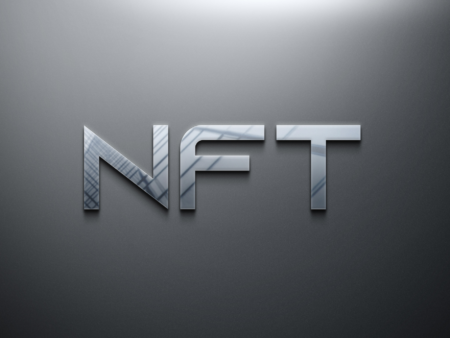The Polygon network, Ethereum’s principal Layer 2, will introduce a non-fungible token (NFT) ticketing mechanism, according to Sports Illustrated. NFTs and sports lovers can learn about the launch.
It is now confirmed that the American sports magazine Sports Illustrated will introduce a non-fungible token (NFT) ticketing mechanism on the Polygon network, Ethereum’s primary Layer 2.
Building the first complete NFT ticketing service on Polygon
The non-fungible token (NFT) ticketing platform is being introduced by US sports magazine Sports Illustrated, as anticipated, and is based on the Polygon network, an Ethereum scaling mechanism.
In particular, software firm ConsenSys, the maker of the MetaMask cryptocurrency wallet, has created a “box office” in collaboration with Sports Illustrated’s ticket marketplace, SI Tickets.
The “Super Ticket” feature will enable event owners, organizers, and promoters to use the Box Office to create additional engagement opportunities in tickets, such as highlights, collectibles, and offers. This will be the first comprehensive NFT ticketing service in the world.
In a news statement, SI Tickets’ CEO, David Lane, stated:
“The goal of the market from the beginning was to disrupt the main ticket market. Blockchain is the future of ticketing, and now owners, promoters, hosts, and attendees have access to an advanced ticketing experience that transforms antiquated barcodes into compelling, collectible content.”
Remember that NFTs as tickets for live events have been suggested as a Web3 mass market use. Thus, Sports Illustrated may help NFT ticket sales.
In a press statement, Polygon Labs North America Business Development Manager Brian Trunzo said:
“Blockchain technology offers significant benefits for consumers, especially ticketing, including improving payment security and eliminating scalping and fraud.”
Sports Events May Be Revolutionized by NFT Tickets
As said previously, verifiable NFT tickets supported by blockchain technology can reduce fraud and increase value for sports fans. Major sporting events are considering implementing them, which is not surprising.
In fact, blockchain-based NFT ticketing is being proposed as a replacement for the current ticketing system more and more frequently.
Online ticket purchases through the NFT system won’t be sent by SMS until customers validate their ID and enter the venue’s “hold” area.
NFT tickets have a tamper-proof QR code to access the event, keeping intruders out and streamlining things for approved customers.
After successful music pilots by YellowHeart, NFT ticketing is gaining popularity in sports.
Michel Cadot, the French government’s Olympic envoy, issued a 30-page study to the prime minister’s office recommending blockchain-based tickets for the 2024 Summer Olympics in Paris.
Algorand offers NFT ticketing system together with Polygon
Recently, low-cost airline Flybondi from Argentina added Web3 as an NFT to their electronic ticketing system.
This connection, known as Ticket 3.0, is a development of the current partnership with NFTticketing provider TravelX.
The Algorand blockchain-based NFTticketing solution enables independent name changes, transfers, and sales of “NFTickets” by users.
According to Flybondi, NFT ticketing provides a more flexible travel experience by enabling customers to purchase even in advance without having to specify their journey itinerary or the identities of the passengers.
As a result, the airline is able to lower its customer service expenses and boost agency fee income.
TravelX’s chief blockchain officer, Facundo Martin Diaz, confirmed that the company doesn’t charge a commission when users buy tickets. However, they charge a 2% transaction fee when users swap tickets on the secondary market.
Travelers buy tickets on Flybondi using fiat currency and receive a synchronized NFT ticket from TravelX.
In a press release, Flybondi CEO Mauricio Sana stated the following:
“With this launch, we seek to generate a positive impact in the aviation sector through innovation and the application of blockchain technology. Changing the rules of the game is never easy, but we know that our goal is to evolve and offer our passengers a new phase of freedom to fly.”












